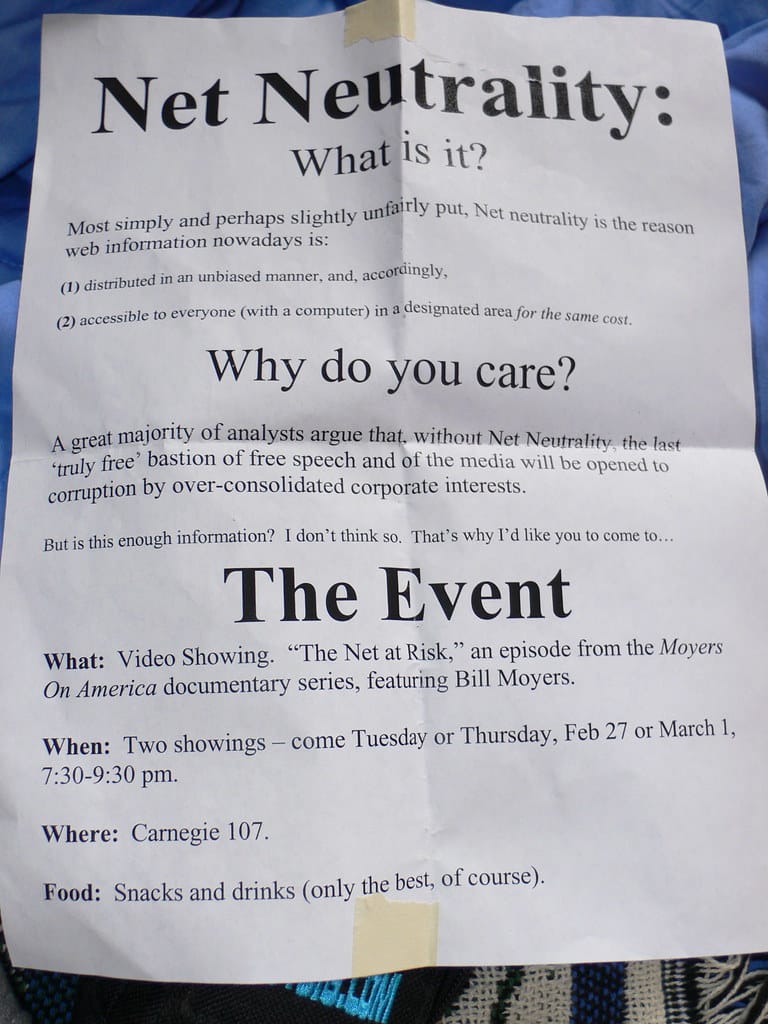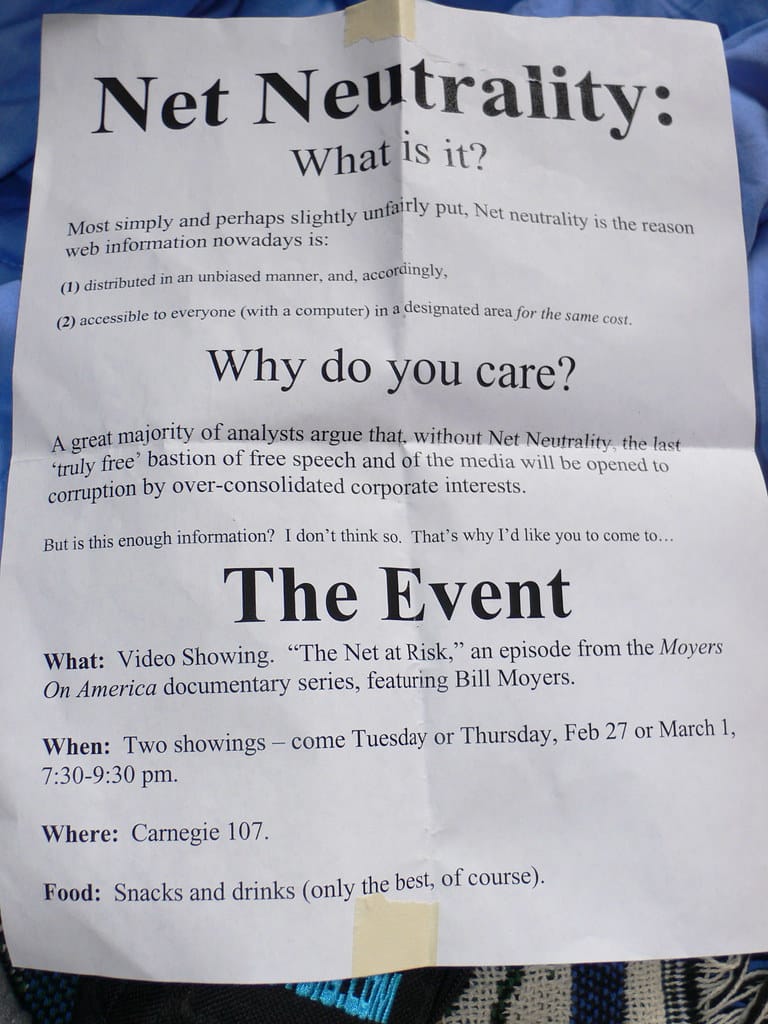Net Neutrality Advocates Surrender: Why the Fight for Open Internet Has Stalled
Major advocacy groups are walking away from their latest legal challenge, signaling a strategic shift in the decades-long battle over internet freedom
The net neutrality wars may not be over, but they're entering a surprising ceasefire. In a move that has caught many by surprise, leading digital rights organizations have announced they will not appeal their recent court loss challenging the FCC's current internet regulations. This decision marks a pivotal moment in one of the most contentious tech policy battles of the past two decades.
The Unexpected Retreat
Free Press, Fight for the Future, and other prominent advocacy groups suffered a significant defeat in federal court earlier this year when judges upheld the FCC's authority to regulate internet service providers under current rules. Rather than taking the fight to a higher court, these organizations are instead pivoting their resources toward what they call "more winnable battles."
"We're not giving up on net neutrality," explained Craig Aaron, president of Free Press. "But we're being strategic about where we can make the biggest impact with limited resources."
This strategic withdrawal comes at a time when the regulatory landscape around internet governance has become increasingly complex, with state-level initiatives and congressional action creating multiple fronts in the policy war.
What Changed the Calculation
Several factors appear to have influenced this decision to step back from federal court challenges:
Political Reality Check
The current composition of federal courts, particularly after appointments made during the Trump administration, has created what many advocates view as an unfavorable environment for expansive net neutrality arguments. Legal experts suggest that pursuing appeals could potentially result in precedents that make future net neutrality protections even harder to establish.
Resource Allocation
Fighting lengthy court battles requires substantial financial resources. With inflation affecting nonprofit budgets and donor fatigue setting in after years of high-profile tech policy fights, advocacy groups are carefully choosing their battles.
State-Level Success
Meanwhile, at least 12 states have enacted their own net neutrality protections, creating a patchwork of regulations that some argue provides more immediate consumer protection than federal court victories might achieve.
The Stakes Remain High
The decision to avoid appeals doesn't diminish what's at stake in the net neutrality debate. Internet service providers like Comcast, Verizon, and AT&T continue to wield enormous power over how Americans access information online. Without strong federal protections, these companies theoretically could:
- Slow down or block access to certain websites
- Create "fast lanes" for companies willing to pay premium rates
- Prioritize their own content over competitors'
Recent data from the Broadband Now research group shows that 21% of Americans still have access to only one high-speed internet provider, making consumer choice largely irrelevant in addressing potential abuses.
Industry Response and Market Dynamics
Telecommunications companies have largely welcomed the reduced legal pressure, though they maintain their public commitments to open internet principles. Verizon spokesperson Jane Chen stated, "We've always supported the concept of an open internet, and we're pleased to see less regulatory uncertainty in this space."
However, critics point out that these voluntary commitments lack enforcement mechanisms and can be changed at any time based on business priorities.
Looking Forward: New Strategies Emerge
Rather than abandoning the cause entirely, advocacy groups are redirecting their efforts toward:
- Municipal broadband initiatives that create publicly-owned alternatives to private ISPs
- Congressional lobbying for comprehensive federal legislation that would supersede FCC rule-making
- State-level campaigns to expand existing protections and create new ones
This shift reflects a broader evolution in digital rights advocacy, moving away from reactive litigation toward proactive policy-making at multiple levels of government.
The Bottom Line
The decision by net neutrality advocates to forgo their appeal represents more than just a legal calculation—it signals a fundamental shift in strategy for one of the internet age's defining policy battles. While this may seem like surrender to some supporters, it may actually represent a more mature and sustainable approach to protecting internet freedom.
The fight for net neutrality isn't ending; it's evolving. By focusing resources on winnable battles at the state and local level while building toward comprehensive federal legislation, advocates may ultimately achieve more durable protections than court victories could provide. The question now is whether this strategic patience will pay off before the internet landscape changes beyond recognition.

